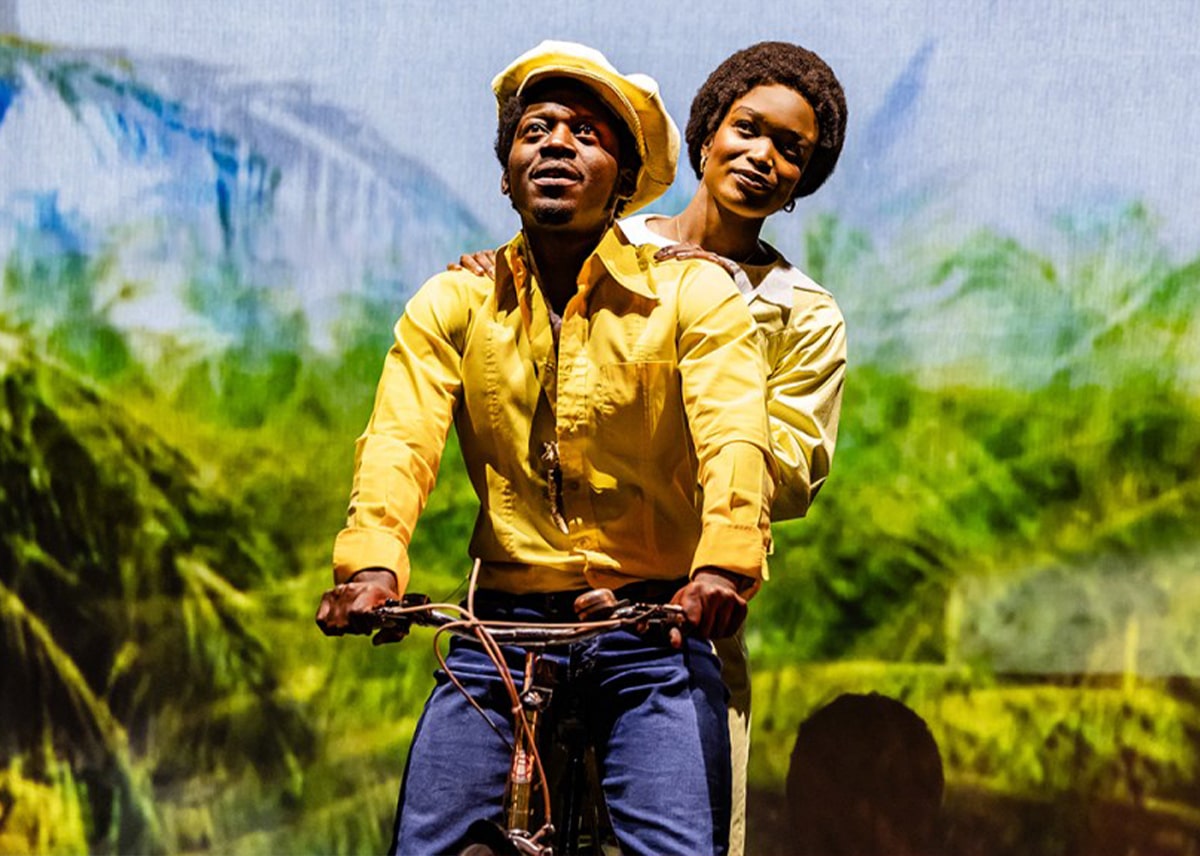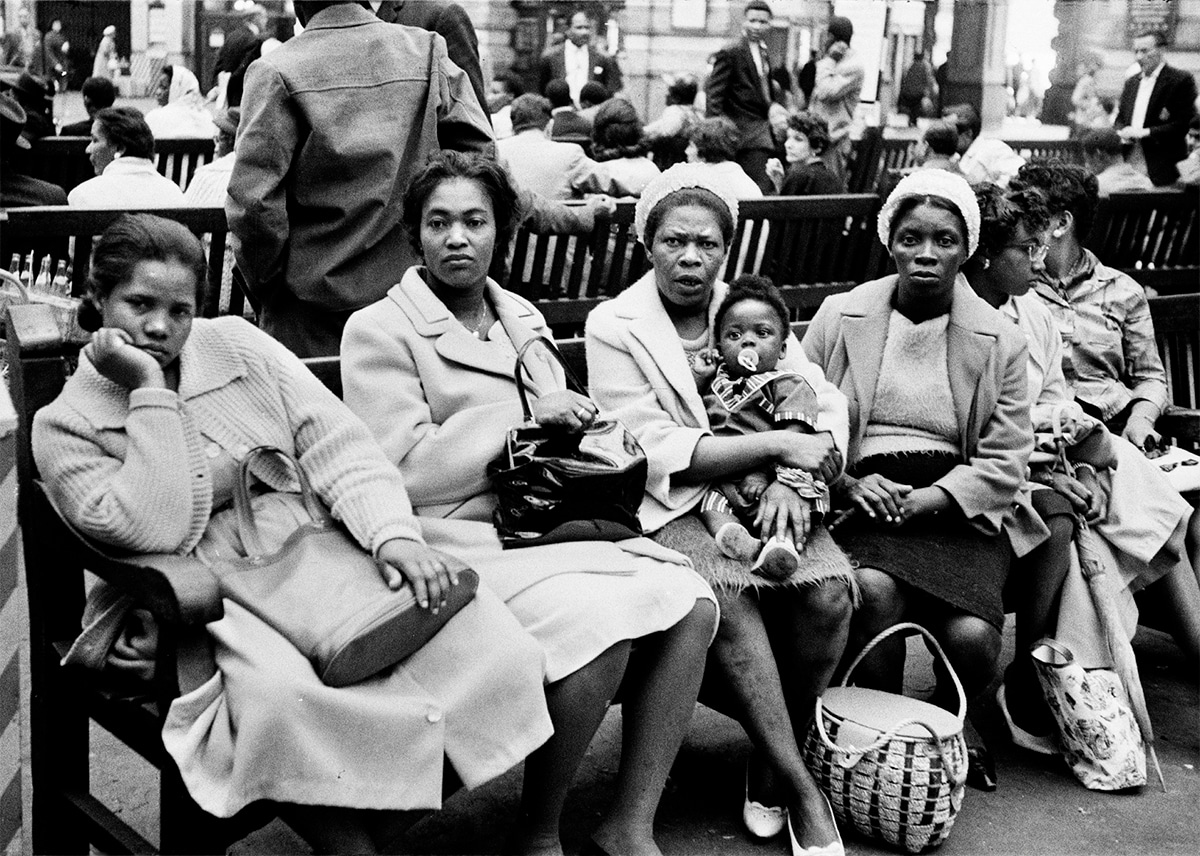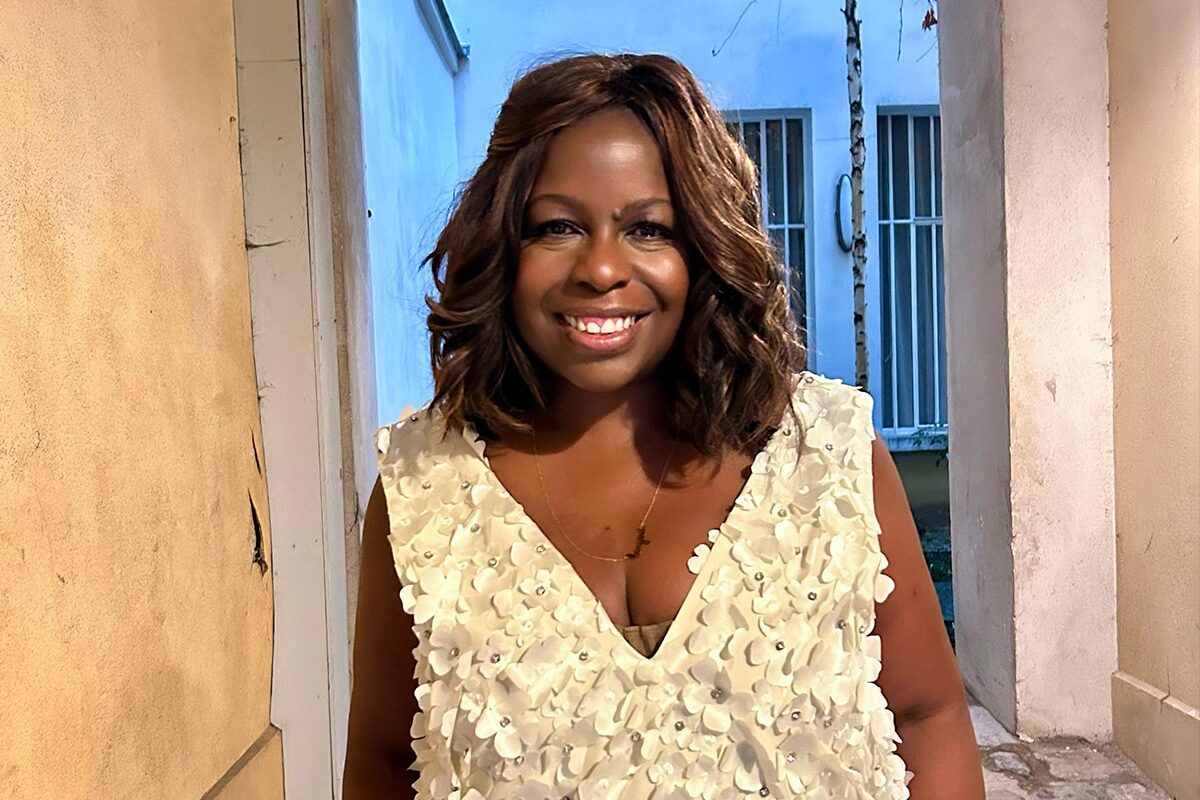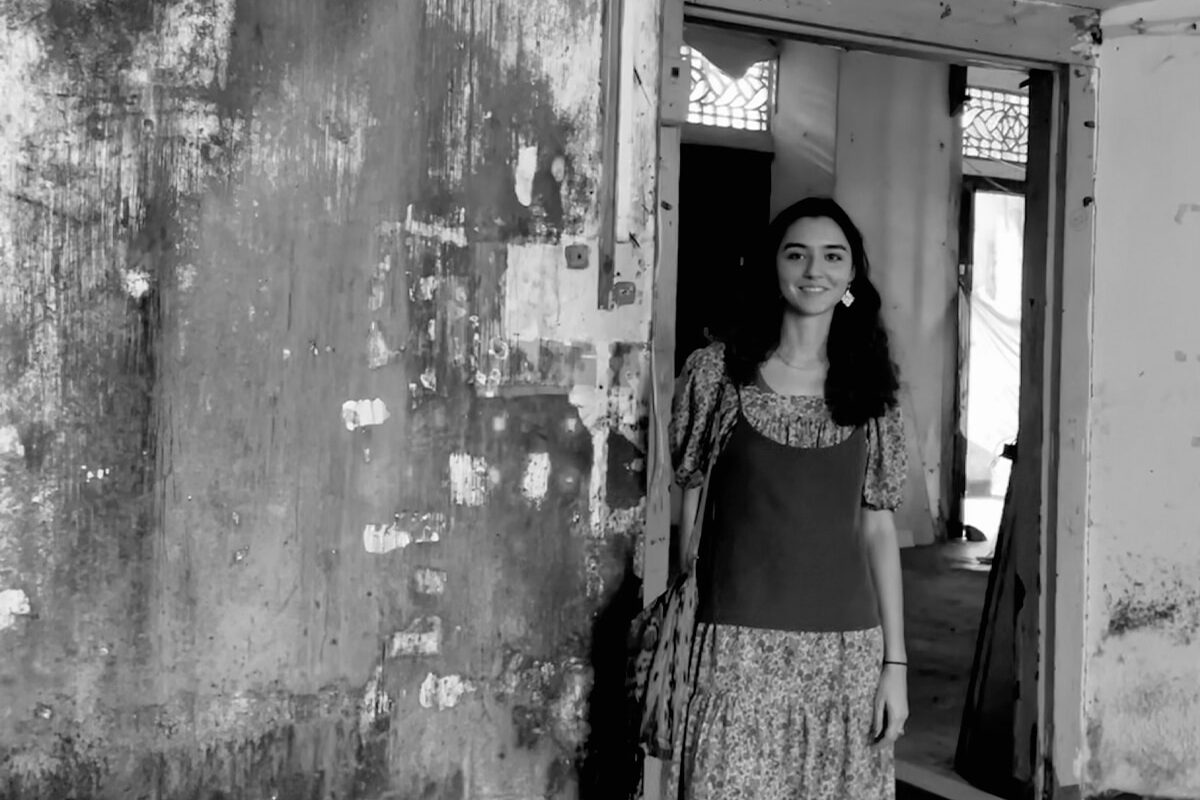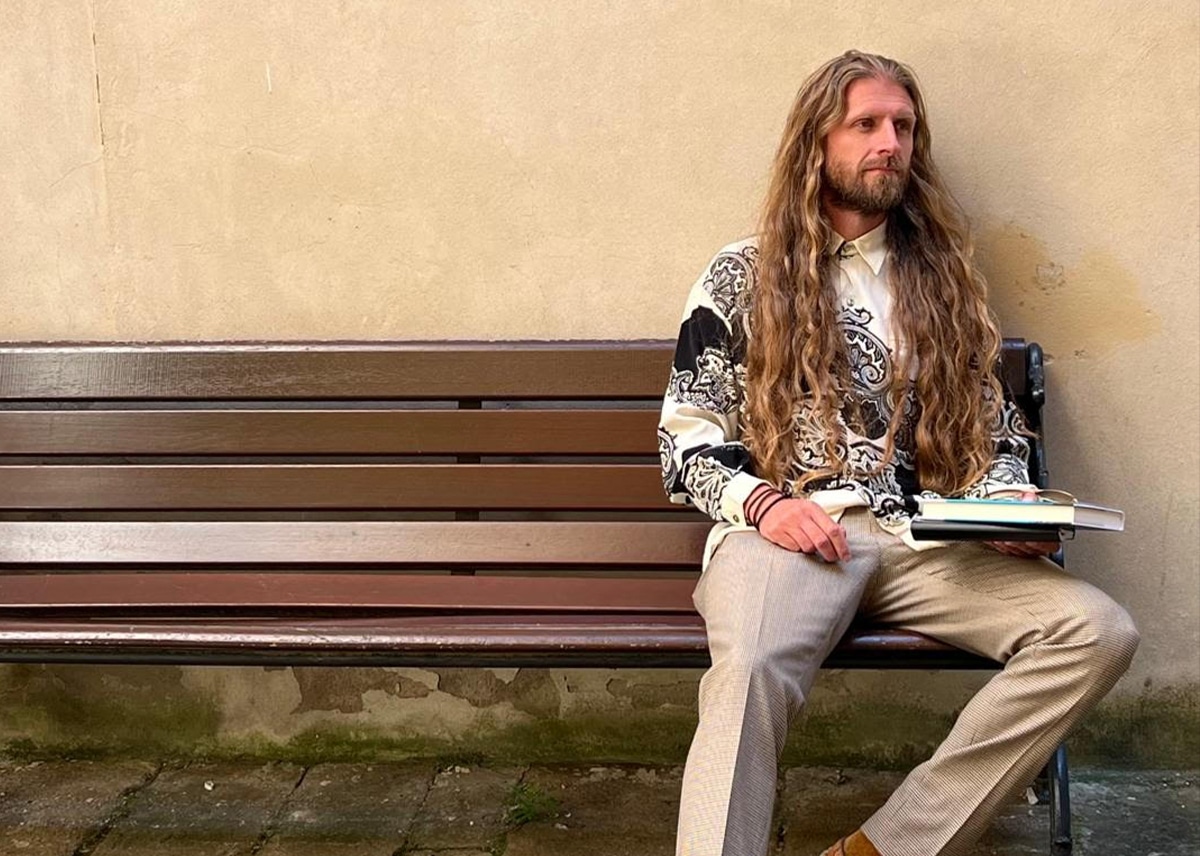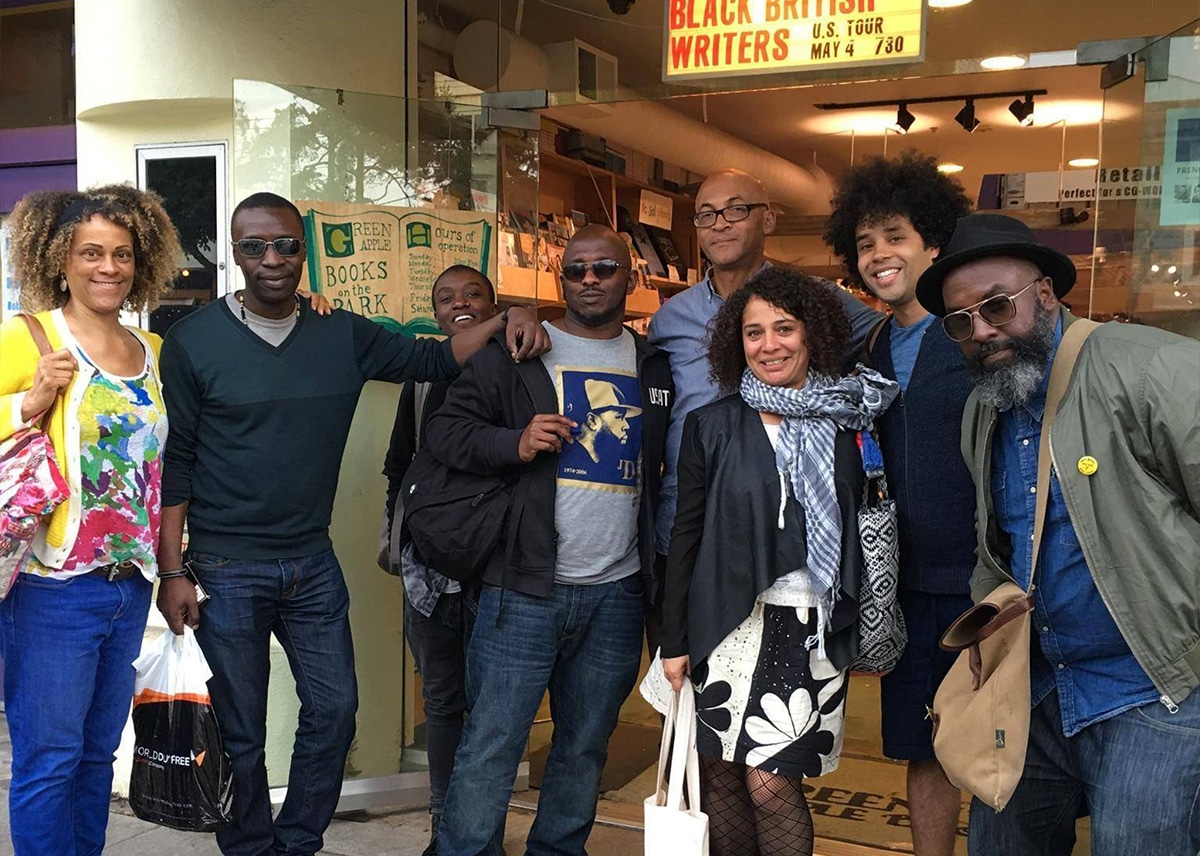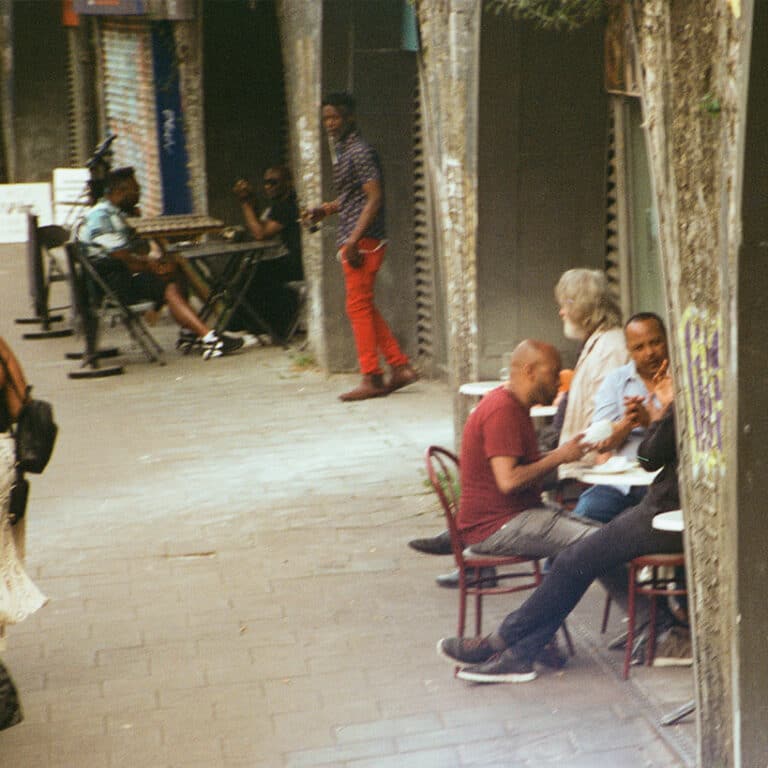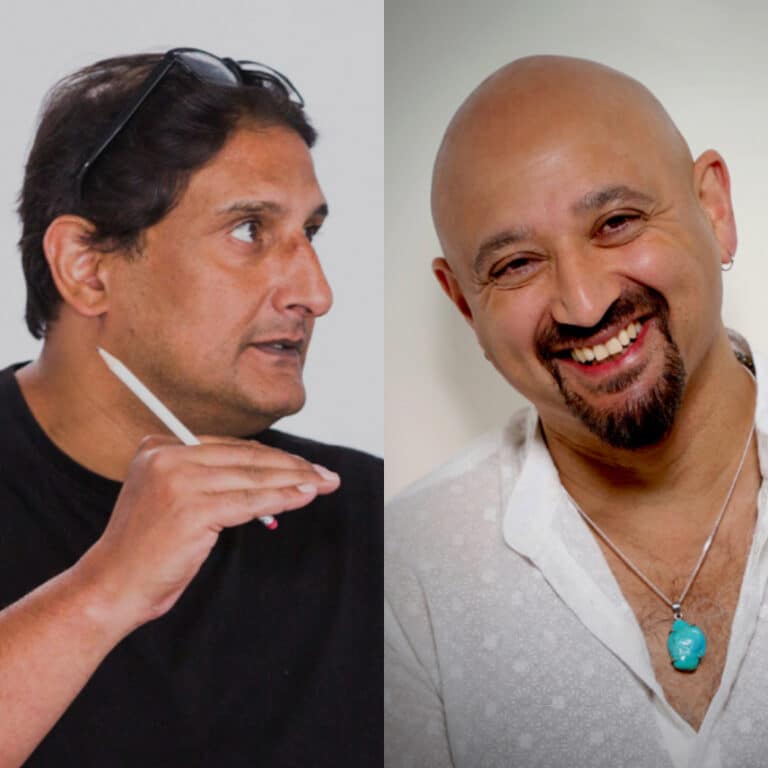Steve
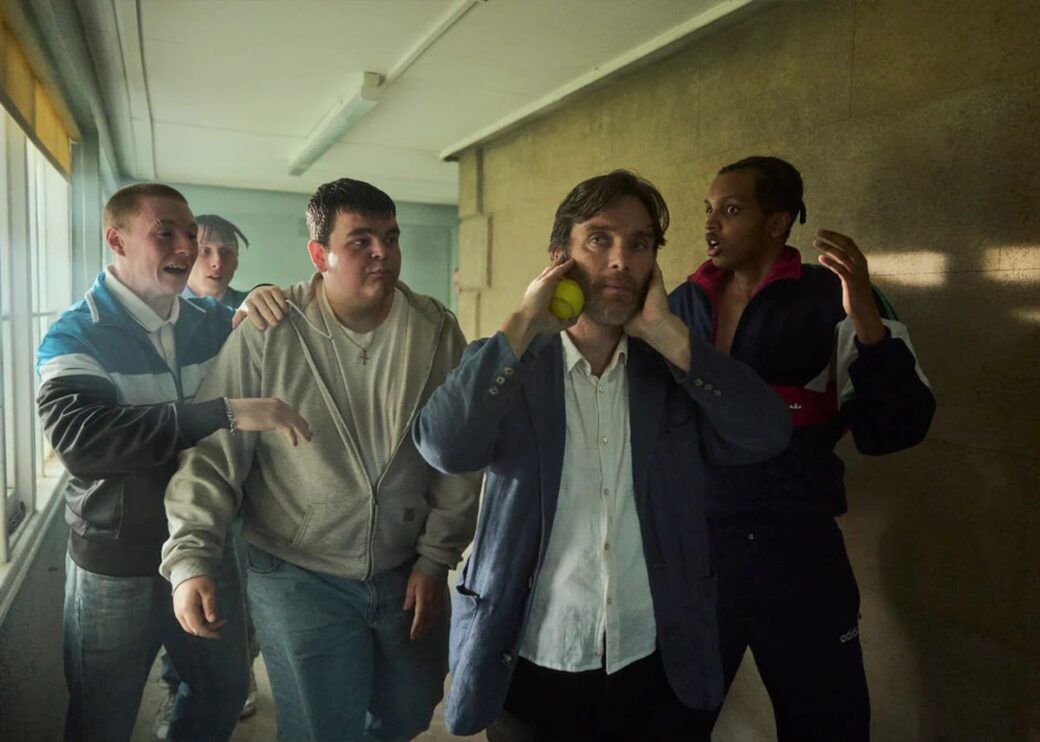
A film adapted by Max Porter from his 2023 novella Shy and directed by Tim Mielants (2025)
The first five minutes of Steve distill the whole story into a few shots. Don’t panic if you miss it. There are ample opportunities to catch up with the film’s key characters and themes. Cillian Murphy plays Steve, the over-worked, pill-popping headteacher of a single-sex reform school. Shy is a dreamy youth, sensitively portrayed by Jay Lycurgo. The pair are angsty but likeable. They’re also the most conventionally attractive characters in the cast. In most other films I’d think of Steve and Shy as paired protagonists, but the school itself seems like a central character in the drama.
When the film begins Steve’s on his way to work. Shy is dancing in a verdant field, insulated from harsh reality by a haze of marijuana smoke and bass music. The few, short minutes after their paths cross highlight what’s at stake for both. Steve is cajoling, Shy is charming and their relationship seems playful. They’re on first-name terms with each other.
At my strict grammar school, students were addressed by their last name and teachers were addressed as ‘Sir’, ‘Miss,’ or ‘Mrs.’ We called our Principal by his job title and were convinced he had no frailties. Steve is a very different sort of headteacher. When he’s rattling off voice notes into a Dictaphone, he addresses himself as ‘Steven.’ He sounds like a stern parent telling off an errant child. This is in sharp contrast to the earlier conversation, where Steve persuades Shy to go back to class, and Shy reminds Steve that a film crew will be on site all day.
Steve is set twenty-nine years ago, in 1996. The school has both a physical and a mythic-level, collective spirit. Its faculty seem like unorthodox but in-control professionals. The building is a gently decaying mansion set in the grounds of a country estate with tennis courts, playing fields and a lake. Students struggle through some spectacularly muddy weather, which nicely mirrors the colossal odds they face as a group.
The adults seem to share a central myth: ‘we’re all in this together.’ If they succeed, they’ll interrupt a pipeline that sends boys from school to prison, or worse. The device of a ‘film within a film’ opens the inner lives of characters to the viewer through interviews. However, it quickly becomes clear that we’re not watching a story about middle-class adults rescuing troubled youth. The grown-ups aren’t okay. Many are having trouble just making it through the day. What seems like light-hearted spontaneity spirals into a series of tense, occasionally violent incidents. The handheld camera imitates the external chaos of the setting, and the internal chaos of the main figures.
The faculty are flawed humans, working in a flawed system. While various staff members try to help students face difficult social and personal dynamics, they’re at a loss to deal with their own individual and collective struggles. The cinematography creates a pressure cooker atmosphere. You can feel that things are about to blow.
Carl Jung’s archetype of the ‘wounded healer’ uses shared suffering as a bridge to understand other people. If Steve’s a helper, then he’s a wounded one. At times Steve seems more vulnerable, and less perceptive than the teenagers in his care. Steve’s inability to talk honestly about his struggles mirrors Shy’s but ultimately, both are products of their era in which they live, and the culture which surrounds them.
Whatever answers the school needs aren’t vested in authority figures such as parents or politicians. The film may be named after Steve, but his main character role is shared with others. By the end of Steve, the group is the protagonist. Its story is as complicated and messy as its characters.

Clementine Ewokolo Burnley
Clementine Ewokolo Burnley is a multilingual author, writer of poems, short stories, and non-fiction works.
The Harder They Come
In the latest production of The Harder They Come at Stratford East, London, the musical depicts all of Jamaican life on stage with thrilling simplicity.
Impulse: Playing with Reality
A mixed reality experience by Anagram that journeys into the ADHD mind
Soon Come
In Soon Come, readers are treated to a narrative that has been, figuratively speaking, marinated in jerk seasoning
The seven lamps of writing
I write because I am, and I write because I am not
The lorry
'What if it was a phantom lorry, and my grandfather, who always showed an interest in my writing, had driven it here from the afterlife to make sure I was hitting my targets every day?'
In defence of Black History Month
Is it time to bring an end to the UK's Black History Month?

Preaching
'Preaching': A new poem by the T.S.Eliot Prize-winning poet Roger Robinson, from his forthcoming New and Selected Poems (Bloomsbury in 2026).
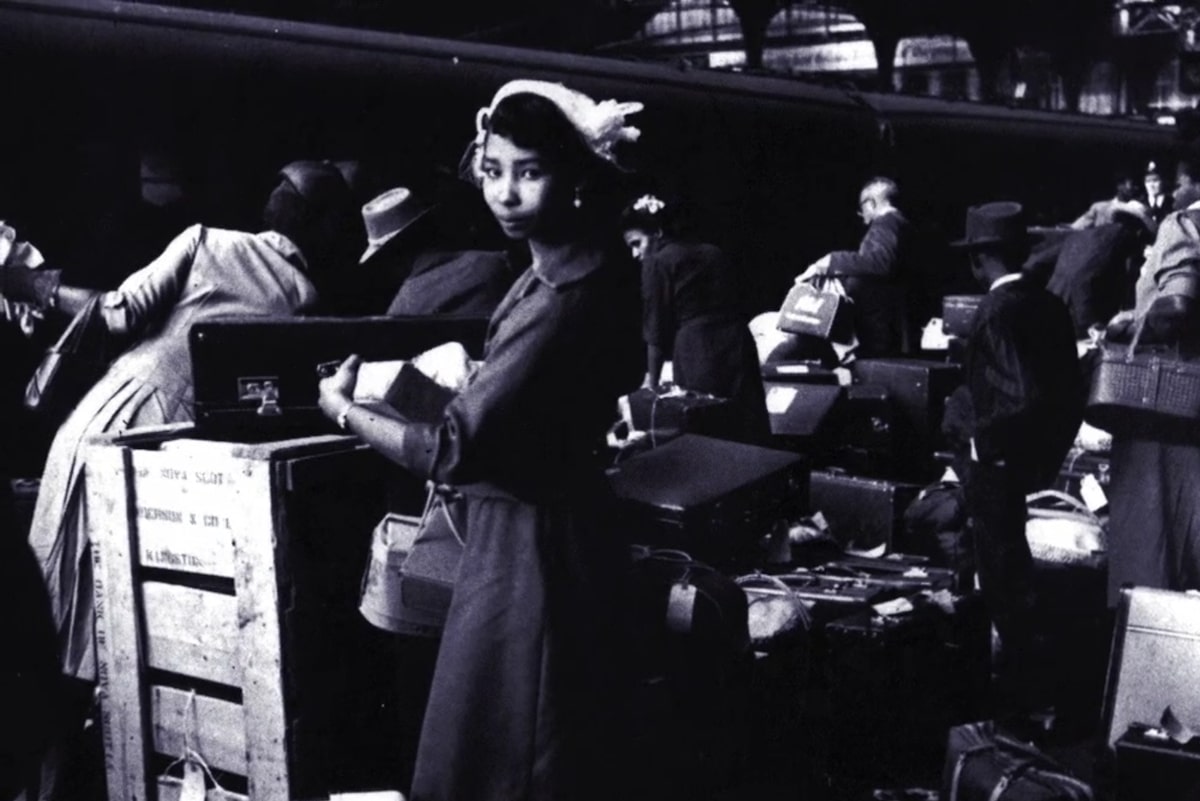
Walking in the Wake
Walking in the Wake was produced for the Estuary Festival (2021) in collaboration with Elsa James, Dubmorphology and Michael McMillan who meditates on the River Thames as we follow black pilgrims traversing sites of Empire.

Illuminating, in-depth conversations between writers.
SpotifyApple Podcasts
Amazon Music
YouTube
Other apps

The series that tells the true-life stories of migration to the UK.
SpotifyApple Podcasts
Amazon Music
YouTube
Other apps

